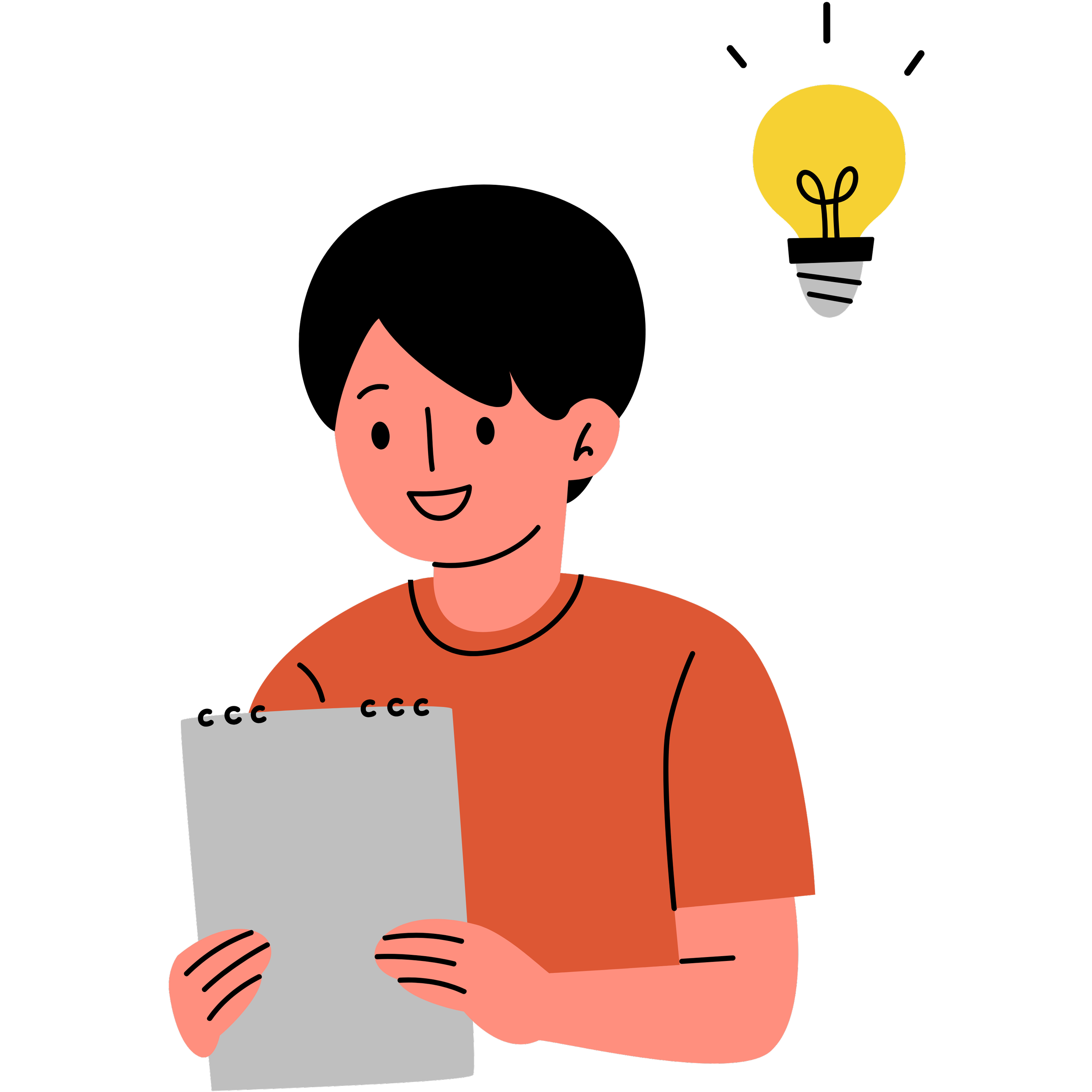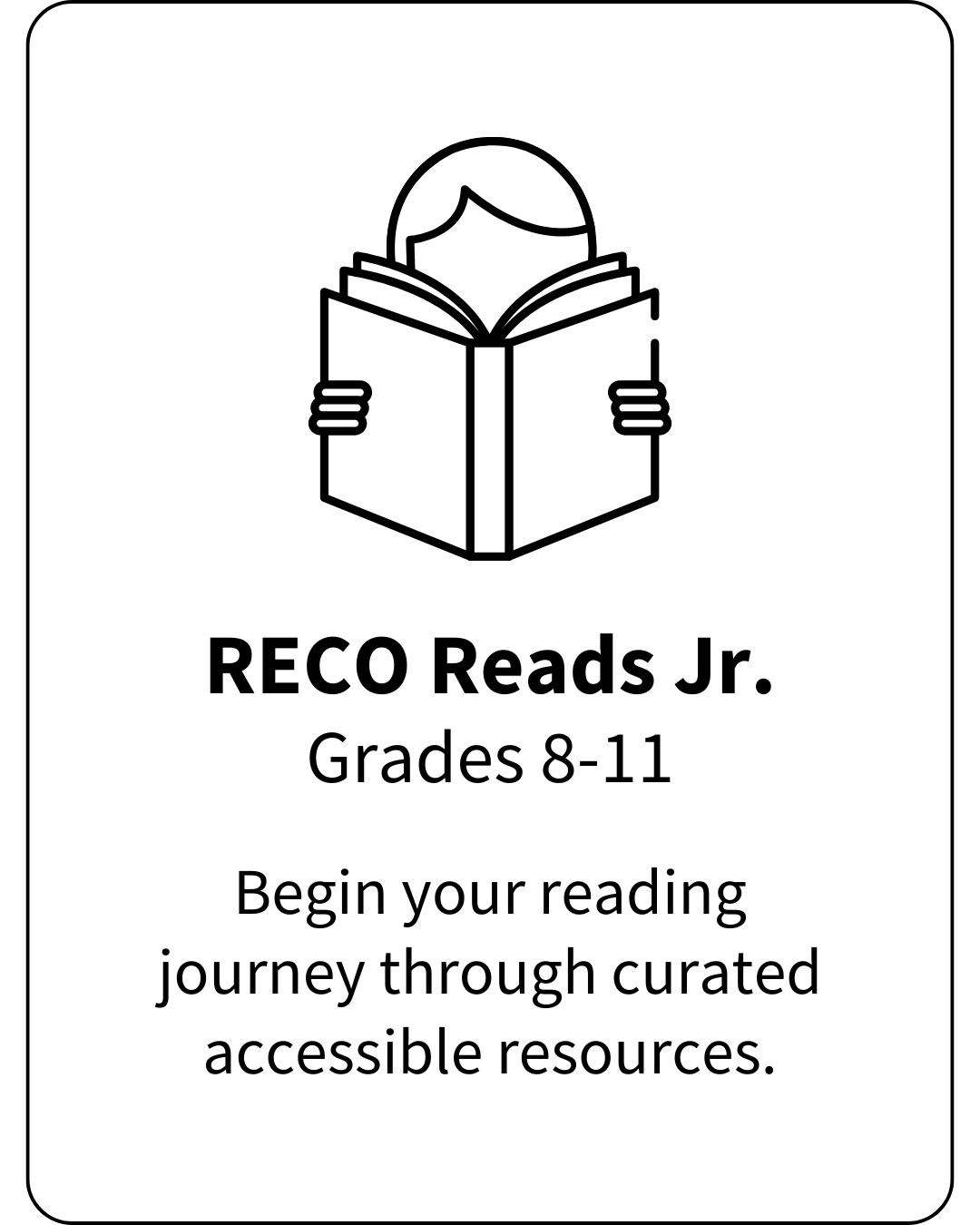RECO Spark
Discover or refine your academic interests by exploring diverse subjects and real-world issues. For students in Grades 8-11 to kickstart their journey.
2 months | 8 live hours | Write 1000+ words | Individual Mentoring
Explore your interests.
Overwhelmed by academic and career options, students often rely on guesswork when selecting courses and extracurriculars. The result? Scattered, underconfident applications.
RECO Spark helps you find focus for the right next step. Each week, you will explore a new topic through research papers, primary sources, and case studies, and blog about your strengths and interests.
Kickstart portfolio-building while developing clarity, confidence, and a love for learning that shines through in applications.
How it works
Start with a call with our founder to brainstorm two subjects and two real-world issues you want to explore.
Connect with a mentor suited to your goals, who will curate a special curriculum for you. In each session, you will tackle a topic at the intersection of the subjects and real-world issues you choose.
Before each session, you will be assigned interesting readings and short writing tasks on your topics of choice.
In the last three sessions, you will work on a blog article about your academic discoveries.
Sample student journey:
-
Through the discovery call with RECO’s founder — Paritosh Kanoria (BA Stanford, MA UChicago) — the student decides to explore two subjects (sociology and biology) and two real-world issues (misinformation and warfare).
-
Session 2: Understanding Misinformation
How do ideas spread—and why do some stick more than others?
Subject: Sociology
Real-world issue: Misinformation in democratic societies
Academic materials: Newspaper articles, policy briefs, and short explainer videos
Session 3: Biology, Fear, and Warfare
How does the human body respond to information during conflict?
Subject: Biology
Real-world issue: Warfare and the spread of fear-based misinformation
Academic materials: Research articles, short lecture videos, and annotated readings
Session 4: Warfare Beyond the Battlefield
What does warfare look like when it targets minds, not borders?
Subject: Sociology
Real-world issue: Modern warfare and information warfare
Academic materials: Interview videos with journalists and experts, contemporary case studies
Session 5: The Biology of Belief
Which biological and cognitive factors make humans so susceptible to false information?
Subject: Biology
Real-world issue: Misinformation and human cognition
Academic materials: Research articles, data sets, and interactive online tools
-
Write 1000+ words on your journey and publish your blog!
Aditya’s journey through RECO Spark
Aditya (Grade 9, Aditya Birla World Academy) explored logic, anthropology, economics, and politics. By the end of the course, chose to pursue deeper work in political science.
He analyzed Martin Luther King Jr.’s iconic speech, explored global trade through a Harvard simulation, and reflected on how systems shape society.
Starting a Blog
Blogging is a low-pressure, accessible, and effective way to demonstrate intellectual growth to colleges. When students start early and develop their blog over time, it becomes a record of their evolving curiosity, writing skills, and perspectives. Top colleges in the US, UK, and India all accept links to blogs, making them easy to share as well.
In addition to providing clarity, RECO Spark helps students start their blog, which they can continue as they mature.






